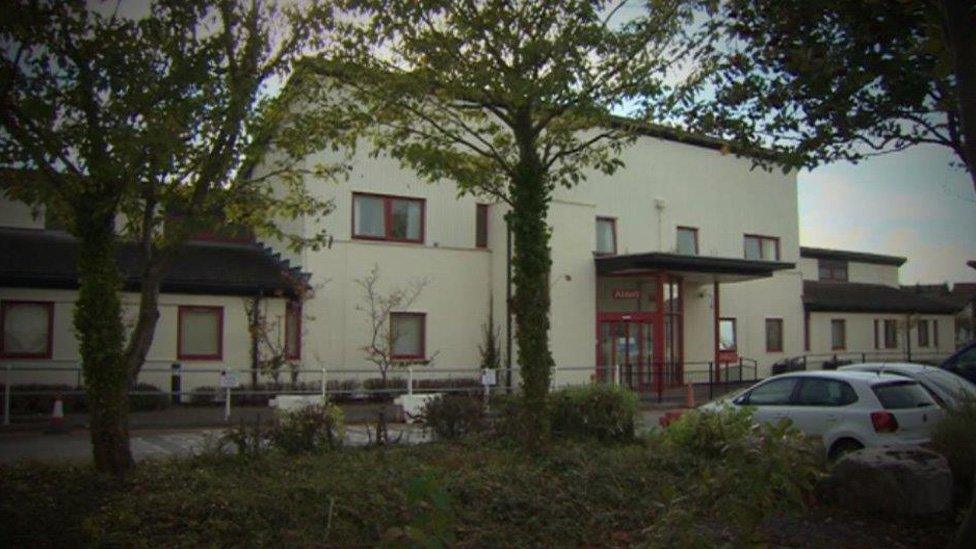Claire Greaves death: Cygnet Hospital staffing levels 'unsafe'
- Published
"Eating disorders are not glamorous," said campaigner who died
A senior nurse at a psychiatric hospital where a woman killed herself says he repeatedly told management he felt staffing levels were not safe.
An inquest found failings in Claire Greaves' care at Cygnet Hospital, including insufficient staff, contributed to her death.
Ms Greaves, 25, from Pontypool, had anorexia and a personality disorder.
Cygnet said staffing levels were always run at nationally-recognised safe levels.
It added it had listened to and acted on the concerns of Taffy Mandizha, who was Ms Greaves' ward manager, every time he raised them.
Mr Mandizha managed the Dunsmore Psychiatric Intensive Care ward at Cygnet, in Coventry, from June 2017 until his resignation in June 2018.
He said he feels "upset" and "very angry" about what happened and believes a similar death could happen.
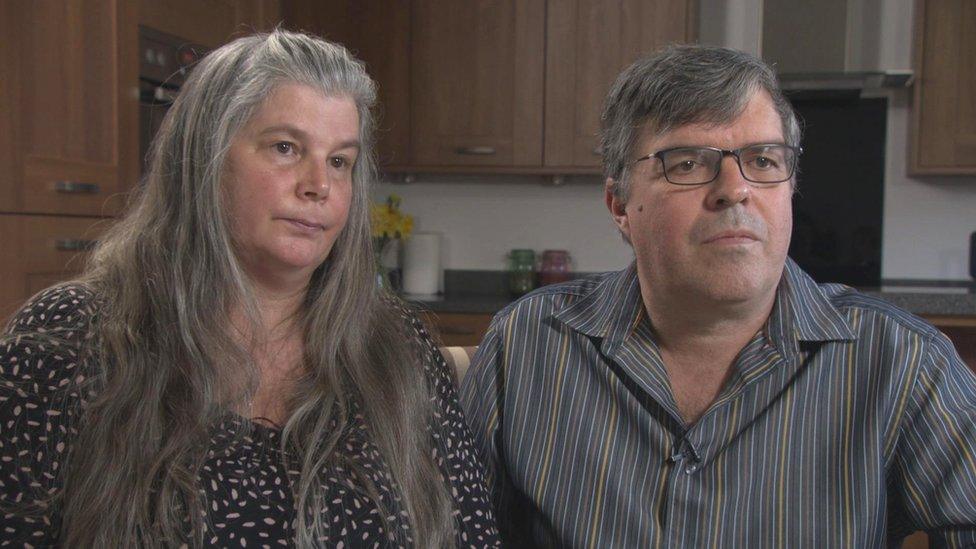
Speaking after their daughter's inquest, Debbie and Colin Greaves called the hospital's failings "shocking"
Ms Greaves was a mental health campaigner and writer and was placed at Cygnet, under section, shortly after the hospital opened in April 2017.
Despite being at high risk of harming herself, she was able to obtain a piece of fabric left on the floor outside her room and used it to kill herself alone in her room in February 2018.
An inquest jury reached an open conclusion, rather than suicide, and found:
Staffing levels "probably caused or contributed" to her death
Had there been "sufficient staff" then Ms Greaves' care plan could have been followed and the risk period of 17:00 to 18:00 "would have been covered"
There was a failure in allowing Ms Greaves to be alone in her room prior to her death, contrary to her care plan
Long-term segregation and seclusion contributed to a decline in Ms Greaves' mental state.
Cygnet now says it disputes the jury's finding about staffing.
Mr Mandizha emailed managers a week before Ms Greaves' death saying he was "really concerned" about staffing levels which he, "together with the entire staff team", believed to be "very unsafe".
The company replied saying it had always been keen to support the ward, and was "surprised" by the concerns, asking for more details.
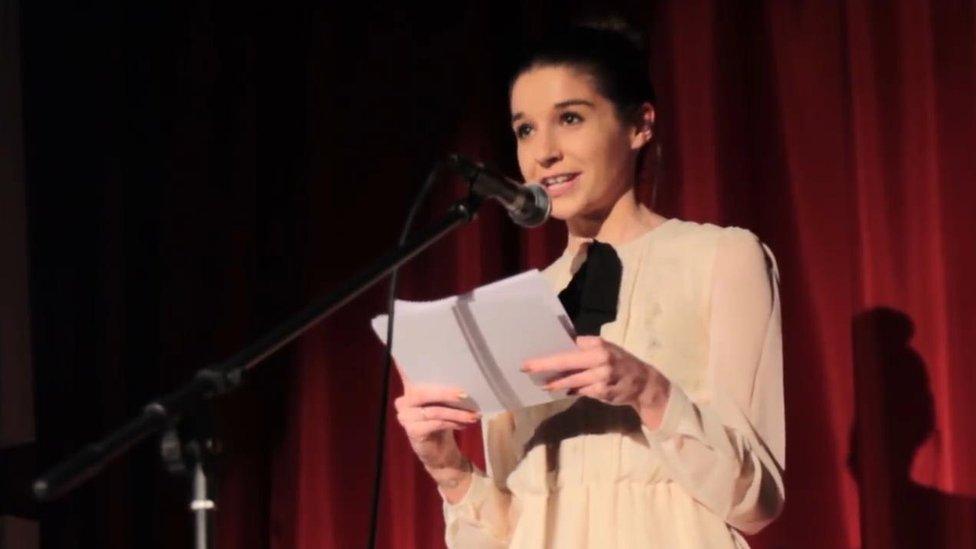
Ms Greaves used her own experiences to campaign for mental health awareness
Mr Mandizha told BBC Wales Live: "We had a lot of patients with issues with self-harming, making quite a few attempts on their lives and these patients required a lot of staff input so when I looked at my staffing levels these were not sufficient enough to deal with the type of patients I had."
At the time of day Ms Greaves took her own life - between 17:00 and 18:00 - she should have been under one-to-one monitoring according to her care plan.
Mr Mandizha said: "For us to provide her with that extra support during that hour was very difficult because of the same staffing issues I had been raising," adding if he had the staff to engage Ms Greaves in a meaningful activity during that time "maybe what happened would not have happened".
Cygnet said staff were available to deliver the additional support and it was the responsibility of Mr Mandizha to ensure that happened.
"At no point did Taffy state that he was unable to deliver this prescribed intervention for Claire," the company said.
"Staffing levels on the day of Claire's death were 28% above rota."
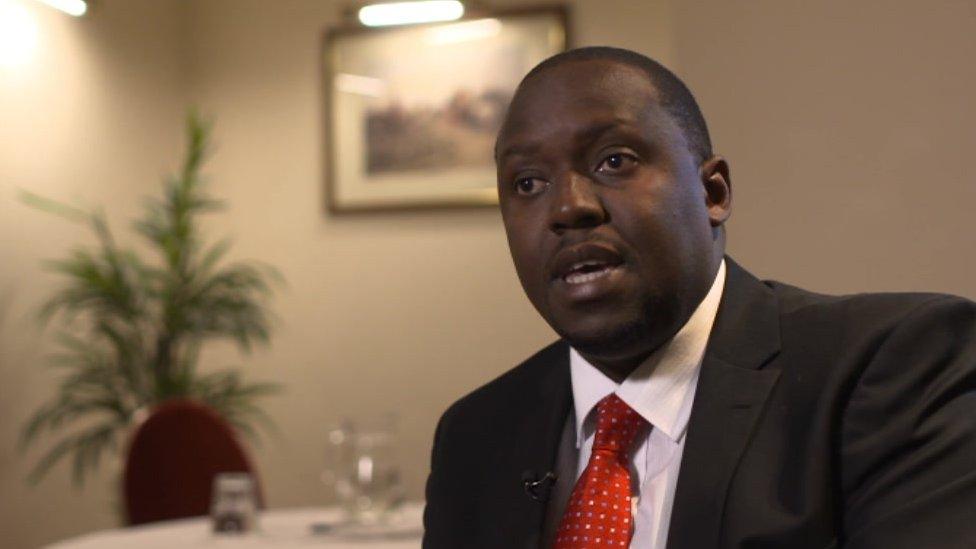
Taffy Mandizha says he is upset and angry about Claire Greaves' death
Mr Mandizha questions whether Cygnet's approach to staffing and patient numbers was influenced by financial considerations:
"There was focus on filling the beds," he added.
"There was an overwhelming pressure to admit patients even though we would say 'the ward is not suitable for us to admit new patients, the ward is volatile at the moment'.
"It's a fact that independent hospitals are there to make a profit.
"But you can still make a profit whilst maintaining patient safety."
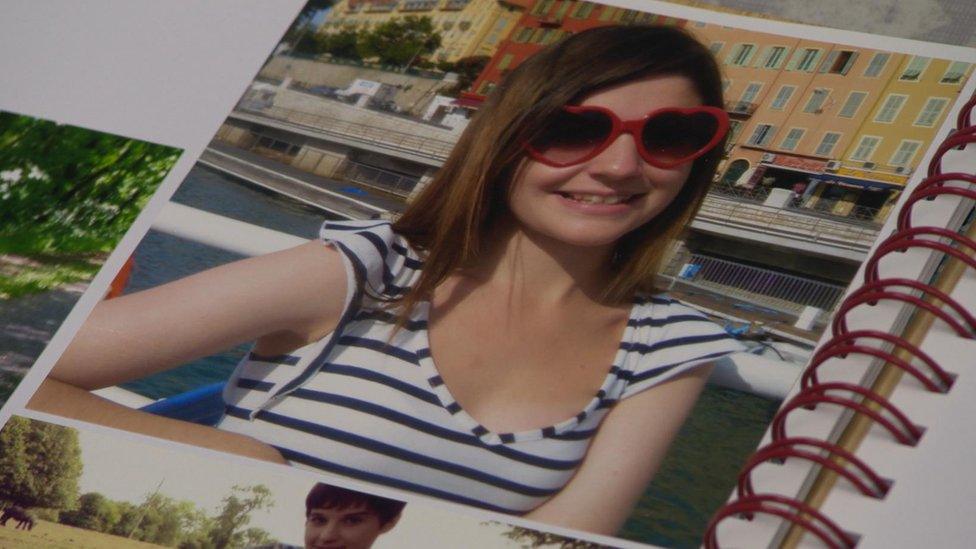
Taffy Mandizha said he raised concerns before Ms Greaves' death
Cygnet said this suggestion was "absolutely incorrect" and patient safety was its "top priority".
The regulator the Care Quality Commission (CQC) had raised concerns about Cygnet Coventry before Ms Greaves' death.
It found recruitment and retention of staff was difficult with a high turnover which led to a shortfall in training and supervision levels.
This lack of consistency led to some patients feeling unsafe on the wards, the CQC said.
And another CQC inspection published five months after Ms Greaves' death found staffing was still a problem, with 61% of employees not comfortable with their daily workload.
Mr Mandizha is now calling for an independent inquiry into Cygnet, saying he believes changes must be made to avoid future deaths.
The company said after Ms Greaves' death it undertook a full root cause analysis and implemented a number of measures, including the coroner's recommendation that signs should be put up requesting patients not to throw objects onto the floor.
A spokesman for Cygnet Health Care said it extended its "sincere sympathies" to Ms Greaves' family, had been "extremely saddened" by her death and took Mr Mandizha's allegations very seriously.
But he added an investigation into those allegations found them to have "no substance".
The CQC is reviewing all Cygnet services.
You can see more on this story on Wales Live on Wednesday at 22.30 on BBC One Wales and on the BBC iPlayer.
- Published3 April 2019

- Published29 March 2019
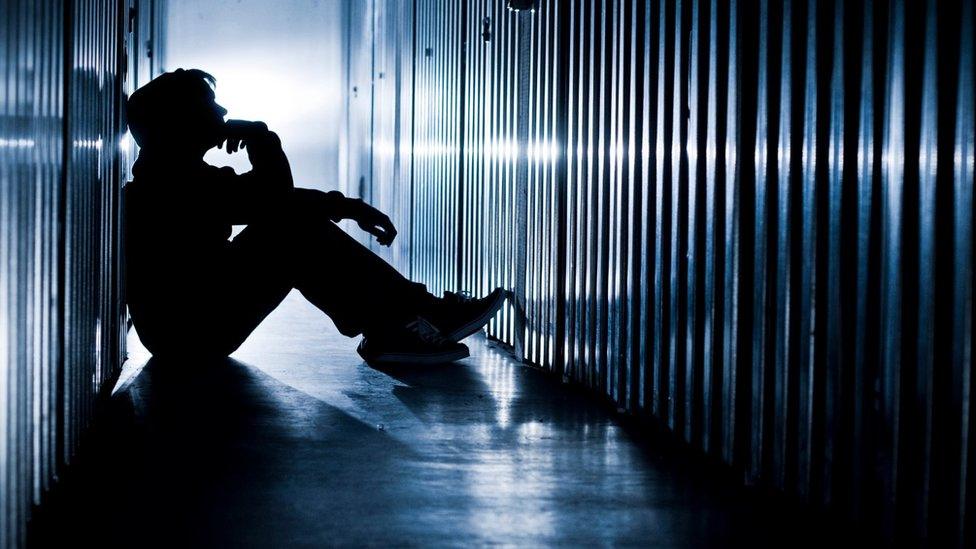
- Published13 March 2019
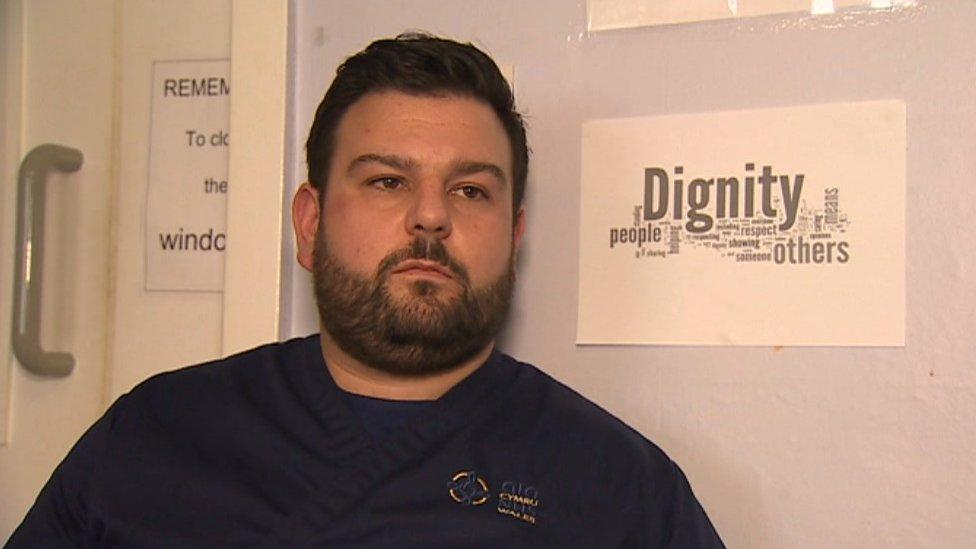
- Published20 December 2018
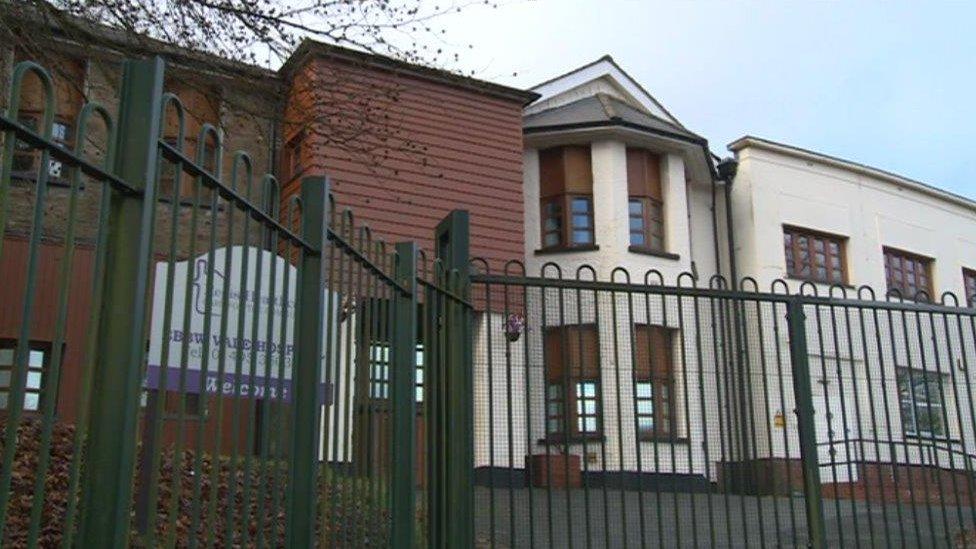
- Published2 January 2019
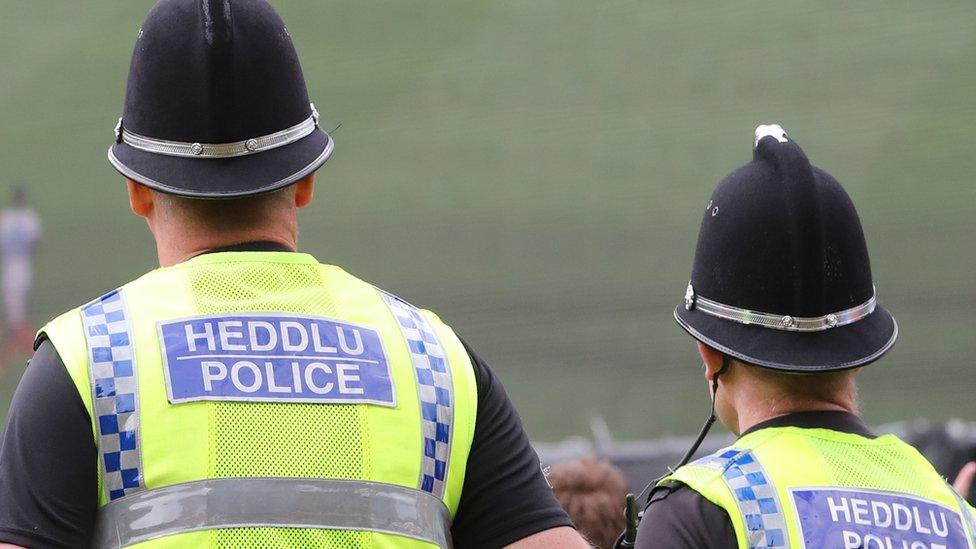
- Published24 January 2019
